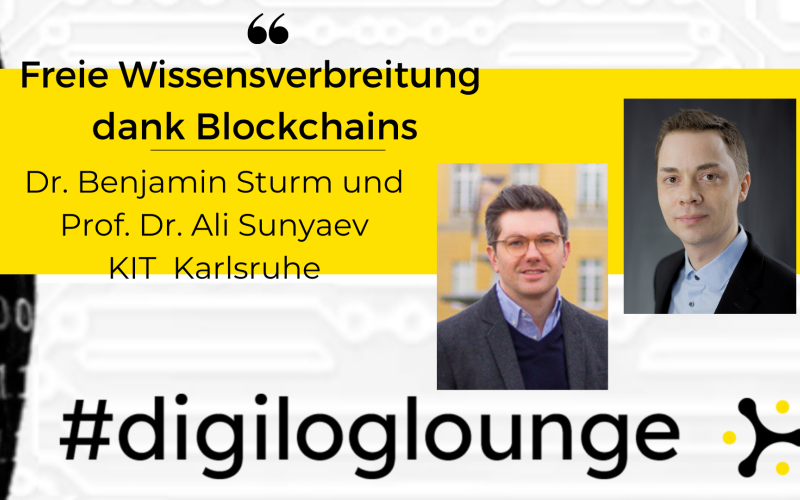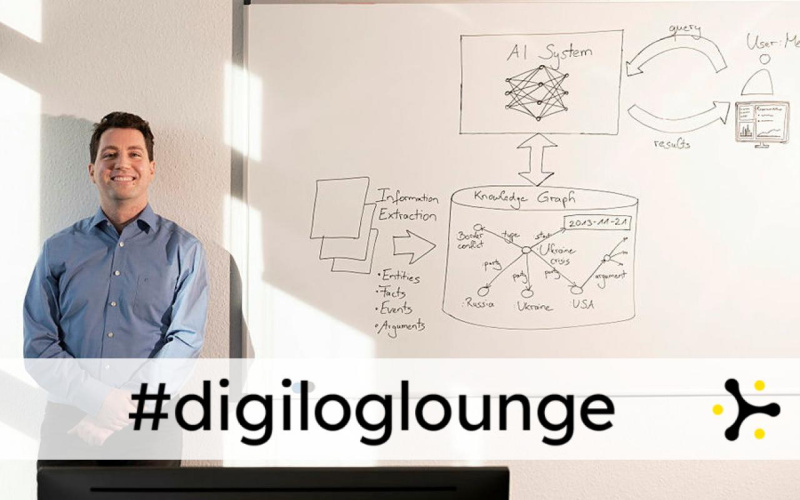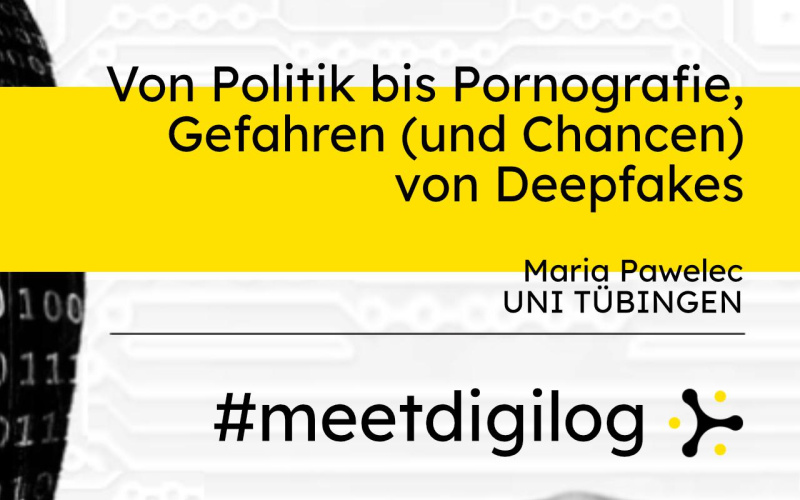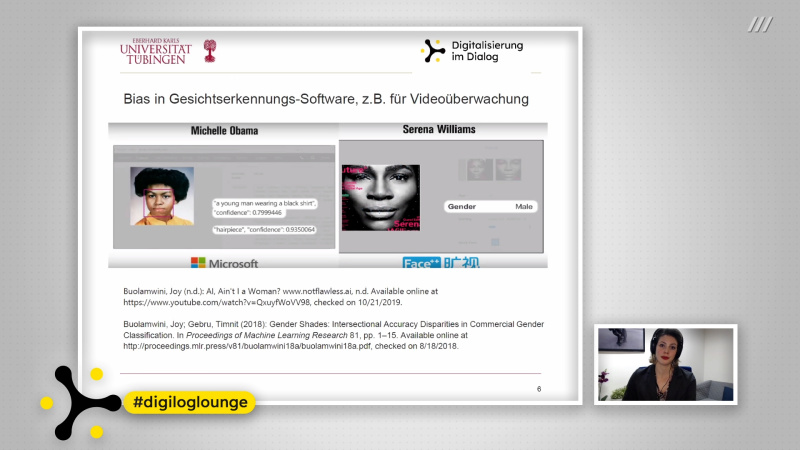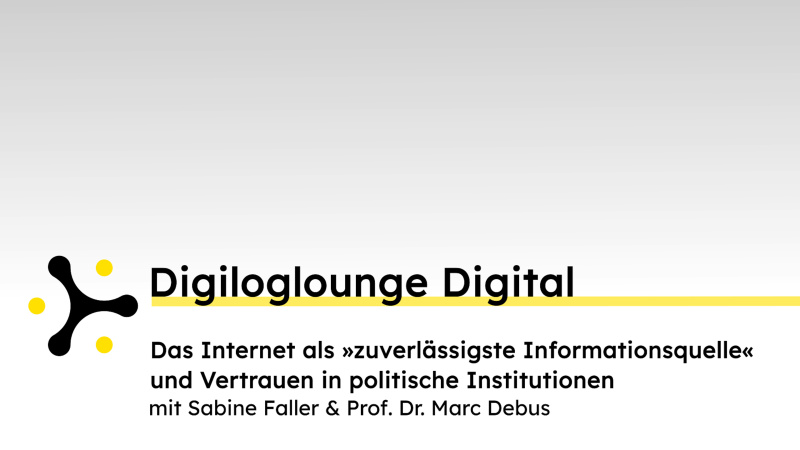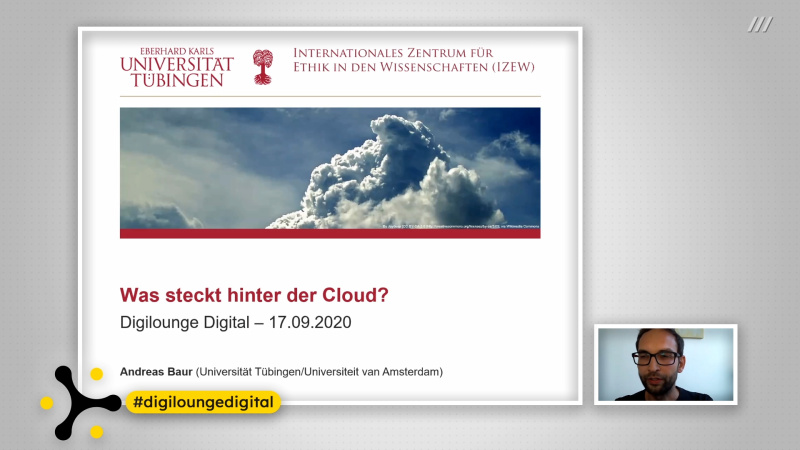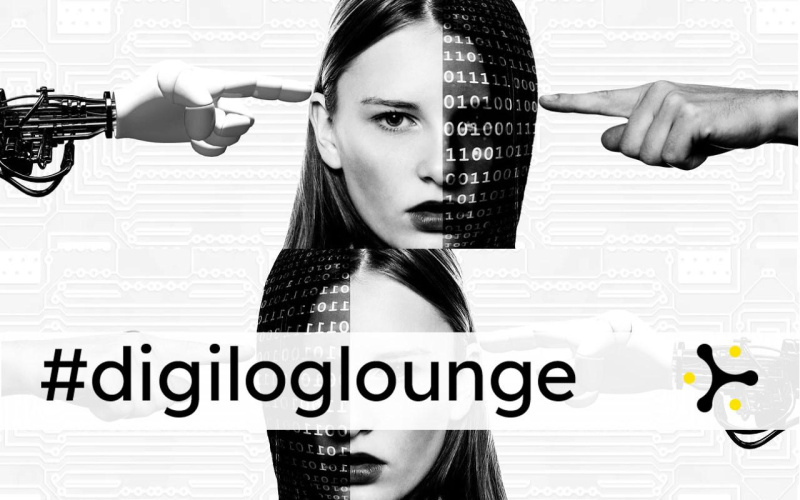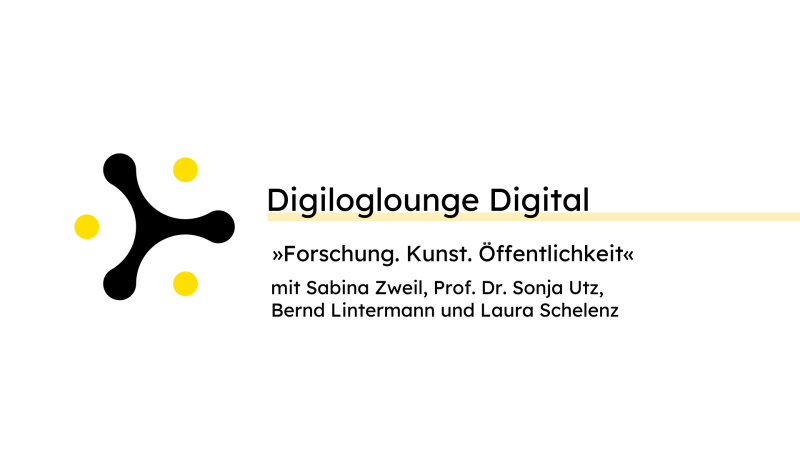Digiloglounge Digital
Free Knowledge Flows through Blockchains
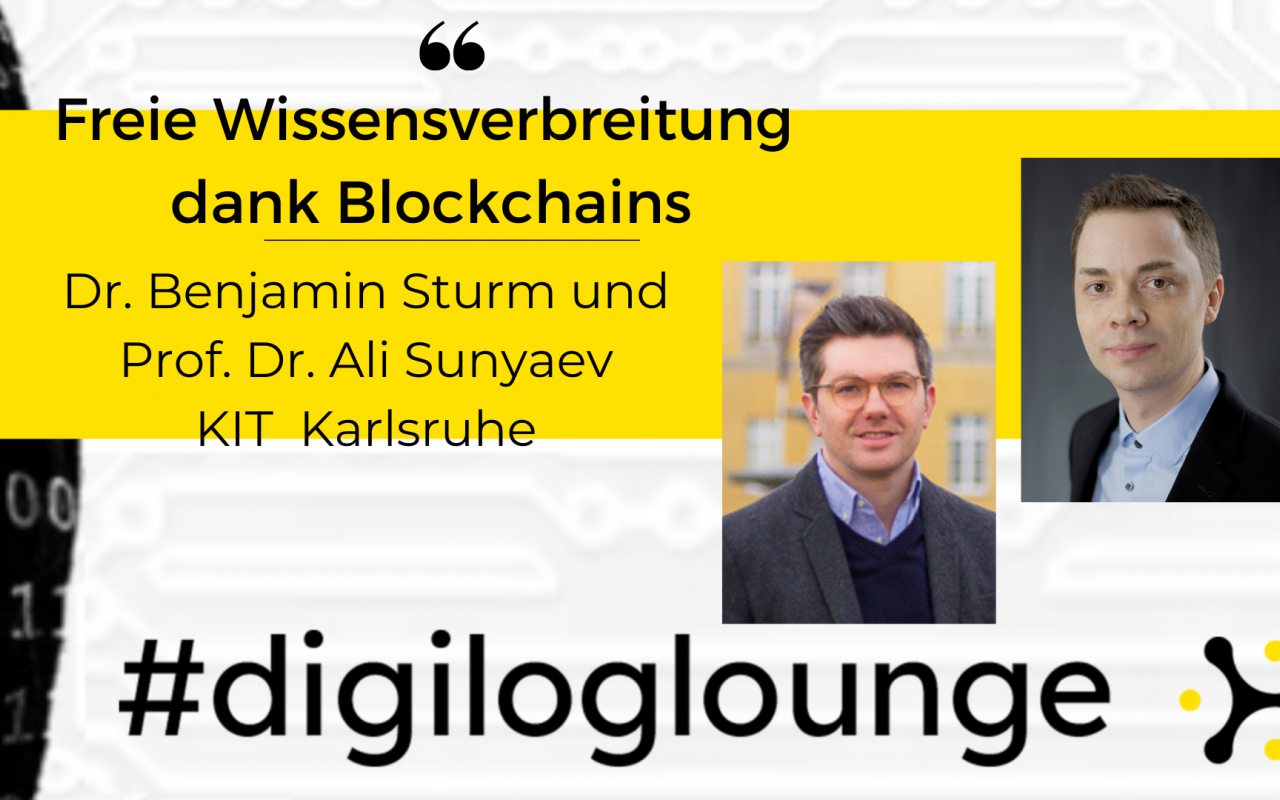
- Date
- Duration
- 1:04:28
Description
As part of the discussion series »Digiloglounge Digital«, Sabine Faller talks to Dr Benjamin Sturm und Prof. Dr Ali Sunyaev about »blockchains«!
Free access to knowledge and education is one of the central pillars of functioning democracies and thus also one of the core social tasks in times of digital change. Freedom of knowledge is also the breeding ground for new forms of open and shared knowledge creation, dissemination and further development. Currently, however, many of these knowledge processes are dependent on third parties. On the one hand, such knowledge intermediaries, such as publishers or internet platforms, provide the necessary infrastructures and processes for the effective distribution of knowledge. On the other hand, knowledge intermediaries also have a variety of vested interests, ranging from monetary to political motives, which can have a negative impact on the openness of knowledge. For these reasons, the fundamental question is whether centralised knowledge intermediaries can be replaced in the long term by independent, open, and decentralised approaches.
The aim of the digilog@bw project is to investigate the potential of blockchains as a technical and organisational basis for more open access to knowledge. Blockchain is a term that has been encountered more and more frequently in connection with digitalisation or the idea of decentralised data management for several years. Blockchain technology enables the development of transparent, self-organised and trustworthy information infrastructures that manage entirely without central operators. However, in order for this technical innovation to become a trailblazer for a more open knowledge culture, numerous socio-technical challenges resulting from decentralisation still need to be overcome.
Prof. Dr Ali Sunyaev is Professor of Computer Science and Director of the Institute of Applied Informatics and Formal Description Methods (AIFB) at KIT. He heads the Critical Information Infrastructures (CII) research group and his scientific work focuses on the development and piloting of trustworthy information systems, their multi-layered contexts of use and reciprocal interactions between human behaviour and information technology.
Dr Benjamin Sturm is a postdoctoral researcher at the Institute for Applied Informatics and Formal Description Methods (AIFB) at KIT. His dissertation dealt with the implementation of systematic information retrieval processes. His research interests include, in particular, design-oriented issues that combine the challenges of open knowledge creation and provision with the possibilities of decentralised technology approaches.
Sabine Faller is a research associate in the department of museum communication at ZKM | Karlsruhe. Her focus is on the conception and implementation of workshops, projects and educational programs in the fields of media art, digital education as well as online learning - currently for the research project »Digitalization in Dialog – digilog@bw«.
